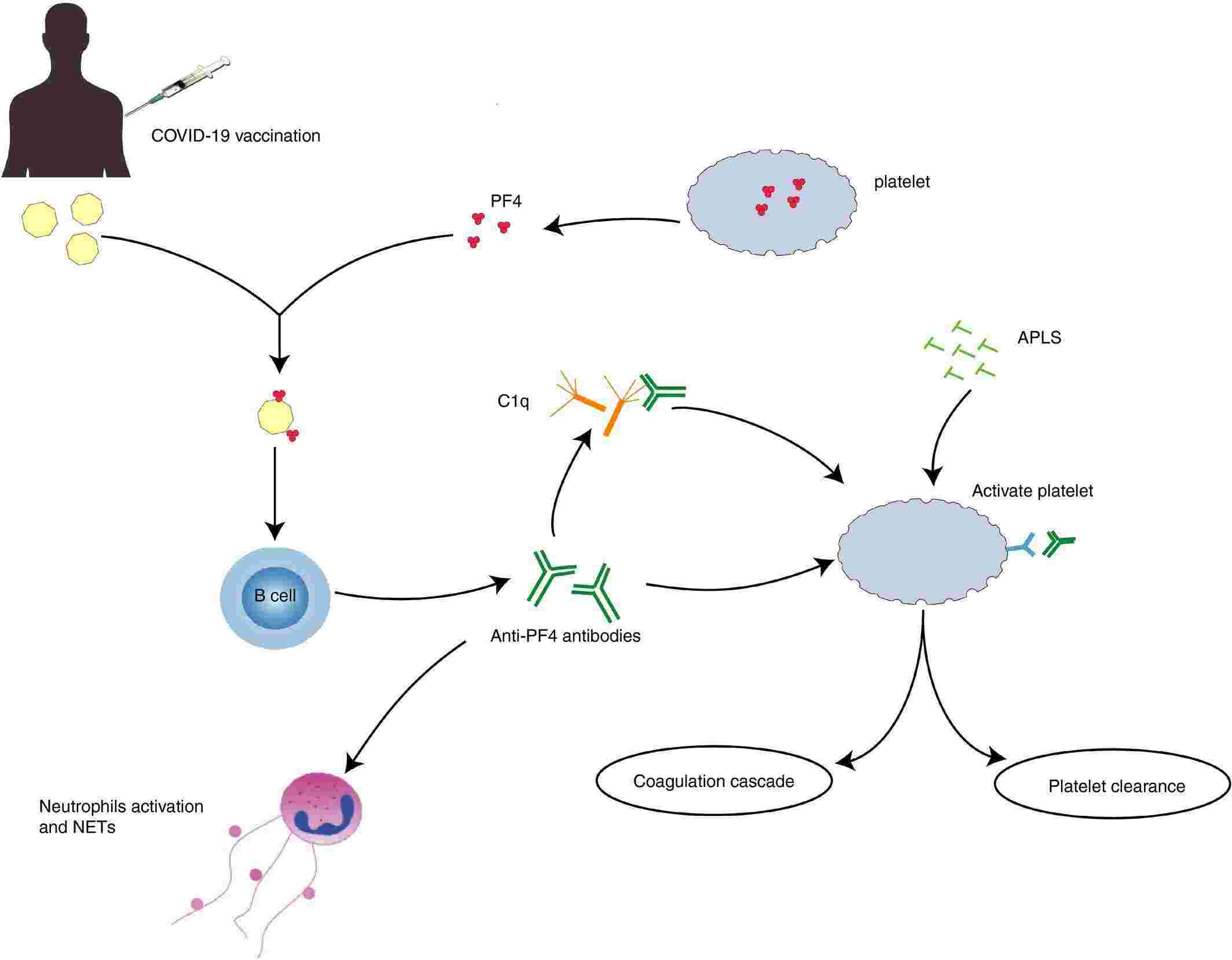Influenza, foodborne illness and gastroenteritis are common health problems in our daily lives. The prevention and treatment of these diseases are closely related to good eating habits. In this article, we will explore the concepts, symptoms and preventive measures of these diseases, and provide some reasonable dietary suggestions on this basis.
Influenza is a respiratory disease caused by viruses, usually divided into two types: type A and type B. Its main symptoms include fever, cough, sore throat, runny nose, etc., and it is highly contagious. In order to prevent influenza, we can take the following measures: maintain good personal hygiene habits, wash hands frequently, and wear masks; maintain indoor air circulation and avoid crowded places; strengthen exercise and improve immunity.
Foodborne illness refers to illness caused by the ingestion of food. Common foodborne diseases include bacterial food poisoning, parasitic infections, etc. Bacterial food poisoning refers to poisoning caused by eating food contaminated by bacteria, such as salmonella, shigella, etc. Parasitic infection refers to an infection caused by eating undercooked or unprocessed food containing parasite eggs or larvae, such as tapeworms, roundworms, etc. To prevent foodborne illness, we need to follow the following points: maintain food hygiene and pay attention to cleanliness during cooking; avoid eating raw or undercooked food, especially seafood; and disinfect kitchen utensils regularly.
Gastroenteritis is an inflammation of the gastrointestinal tract, with symptoms including abdominal pain, diarrhea, nausea, and vomiting. Gastroenteritis may be caused by various reasons such as improper diet, bacterial infection, viral infection, etc. In order to prevent gastroenteritis, we can start from the following aspects: pay attention to dietary hygiene and avoid eating expired and spoiled food; maintain good eating habits and avoid overeating; strengthen exercise and improve our own immunity.
In terms of diet, we recommend that everyone take the following measures to prevent the above diseases:
Reasonable diet: Maintain a balanced diet, eat more vegetables, fruits, and whole grains, and reduce the intake of high-sugar, high-fat, and high-salt foods.
Eat protein in moderation: Choose high-quality protein sources such as fish, poultry, beans, etc. to enhance immunity.
Eat more antioxidant foods: Antioxidant foods help strengthen the immune system and prevent viral infections. For example, blueberries, green tea, nuts, etc.
Control food temperature: Foods that are too hot or too cold can damage the lining of the mouth and gastrointestinal tract, increasing the risk of infection.
Avoid excessive drinking and smoking: Excessive drinking and smoking can easily lead to disorders of the body's endocrine and immune systems, which is detrimental to disease prevention.
In short, influenza, foodborne illness, and gastroenteritis are diseases that we need to pay attention to and prevent in our daily lives. By understanding the symptoms and preventive measures of these diseases, we can take scientific and reasonable dietary recommendations to improve our own immunity and reduce the risk of disease. While following the above suggestions, we should also pay attention to regular work and rest and maintain a good attitude to comprehensively improve our physical health.
Health tips: For instant flu relief try these simple doctor-prescribed steps



